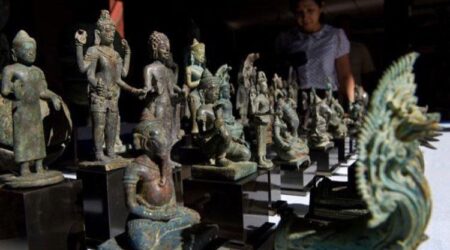Laws on ecommerce to be reviewed for better consumer protection
KUALA LUMPUR: The Domestic Trade and Cost of Living Ministry is reviewing the existing laws covering ecommerce and will propose a suitable regulatory mechanism to safeguard the welfare of industry players and consumers.
Deputy Minister Fuziah Salleh (pic) said the laws were the Electronic Commerce Act 2006, the Consumer Protection Act 1999 and the Consumer Protection (Electronic Trade Transactions) Regulations 2012.
She said the ministry would work with ecommerce platform providers, industry players and consumer associations to streamline and enhance the legislation.
“There is currently no law regulating goods on ecommerce platforms and there is no law requiring vendors on a platform to ensure that the goods they offer exist.
“Also, service providers cannot take action against the seller if a problem arises,” she told a press conference after officiating the seminar “Today’s Malaysian E-Commerce and Consumer Protection Regulatory Framework: The Way Forward” here on Tuesday (Sept 19).
Fuziah said several challenges have arisen as a result of the sector’s rapid growth.
They include goods purchased online that were not delivered or failed to meet customer requirements; non-compliance with product safety standards; and the use of “dark patterns” by online traders to mislead consumers.
(“Dark patterns” or “deceptive design” refer to manipulative methods in digital design to trick customers into such things as: buying more expensive goods after the initially offered cheaper item is suddenly “unavailable”; hiding or obscuring opt-out mechanisms; or subtly manoeuvring users into giving up personal information, among others.)
“The ministry is receiving an increasing number of complaints, particularly those involving online transactions.
“As of Aug 31 this year, a total of 10,377 complaints had been received, with 35% involving online transactions.
“There are also complaints regarding online traders who sell essential items such as rice, sugar and packed cooking oil at a higher price than the control price,” she said. – Bernama













Leave a Reply